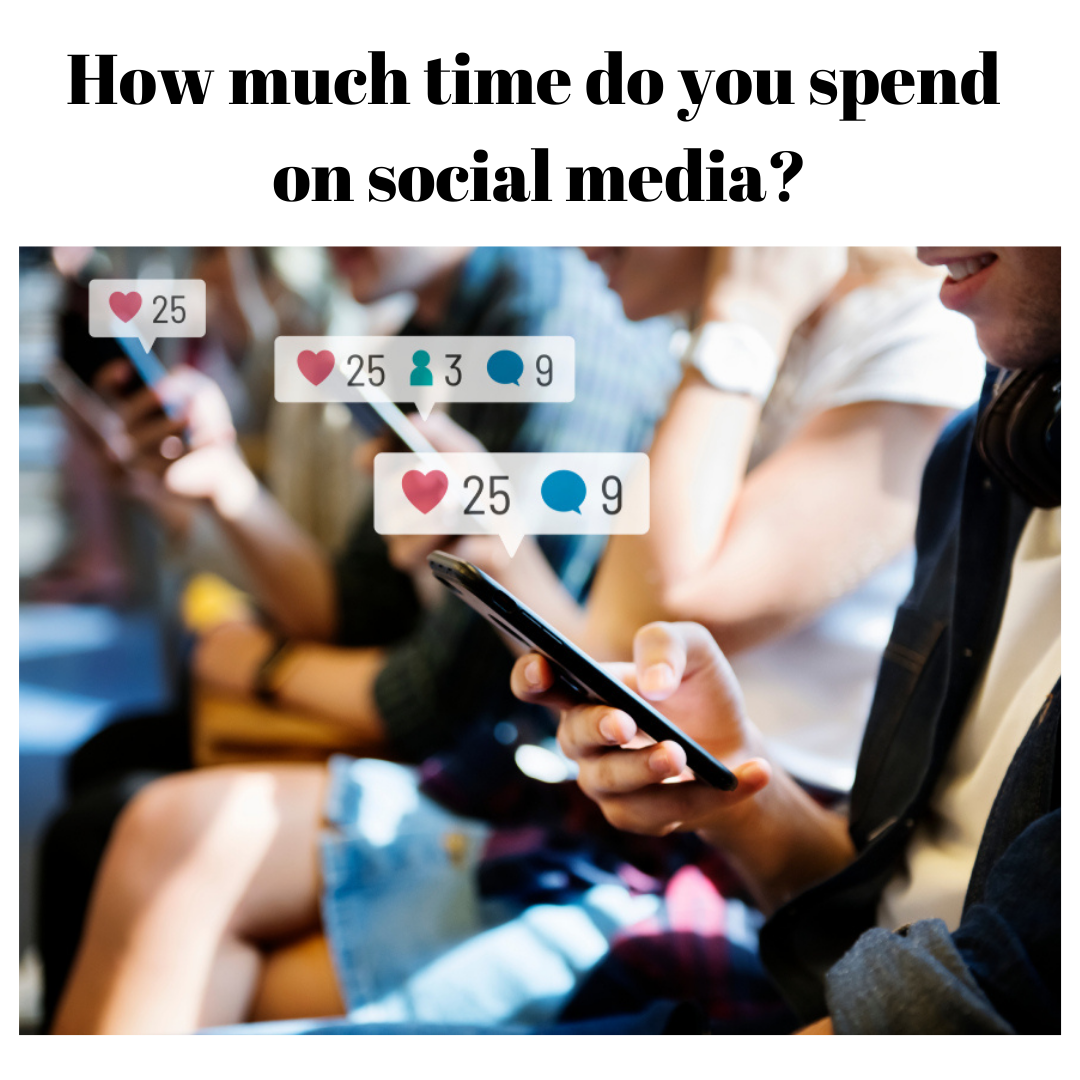

In the digital age, social media has become an integral part of our lives, offering both connectivity and entertainment. How much time do you find yourself spending on social media platforms daily, and how do you think this usage affects your productivity, mental well-being, and overall engagement with the world around you? Are you able to strike a balance between staying connected virtually and participating fully in the offline aspects of your life? Additionally, have you noticed any changes in your social interactions, attention span, or perception of self and others due to your social media engagement? Reflecting on the evolving role of social media in your daily routine, how do you manage its potential impact on your personal and professional life, and are there any strategies you've adopted to maintain a healthy relationship with these platforms?
As an AI language model, I don't have personal experiences or emotions, but I can provide you with a general perspective on the impact of social media on individuals.
The amount of time individuals spend on social media platforms varies greatly depending on personal preferences, work requirements, and other factors. Some people may spend only a few minutes a day, while others may spend several hours. It's important to note that excessive use of social media can have negative effects on productivity, mental well-being, and engagement with the world around us.
Productivity can be significantly affected by excessive social media use. Constant notifications and the temptation to check social media can lead to distractions and decreased focus on tasks at hand. This can result in reduced efficiency and time wasted. For example, someone who spends a significant portion of their workday scrolling through social media feeds may find it difficult to meet deadlines or complete tasks effectively.
Mental well-being can also be impacted by social media use. Studies have shown that excessive use of social media can lead to feelings of loneliness, depression, and anxiety. Constant exposure to carefully curated posts and comparisons with others' seemingly perfect lives can negatively affect one's self-esteem and overall mental health. Additionally, the addictive nature of social media can contribute to a constant need for validation and fear of missing out (FOMO).
Engagement with the world around us can be hindered by excessive social media use. Spending too much time on social media can reduce face-to-face interactions, limit real-life experiences, and hinder the development of meaningful relationships. Being overly focused on virtual connections can lead to a detachment from the physical world, making it difficult to fully participate in offline activities and appreciate the present moment.
Maintaining a balance between staying connected virtually and participating fully in offline aspects of life is crucial. It's important to prioritize time for activities that promote personal growth, social interactions, and well-being. This can include setting boundaries for social media use, allocating specific times for checking notifications, and engaging in offline hobbies or activities that bring joy and fulfillment.
To manage the potential impact of social media on personal and professional life, individuals can adopt various strategies. Some strategies include:
1. Setting specific time limits: Allocating a certain amount of time each day for social media use and sticking to it can help prevent excessive usage.
2. Turning off notifications: Disabling notifications can reduce distractions and allow for better focus on tasks at hand.
3. Engaging in offline activities: Participating in hobbies, exercising, spending time with loved ones, or pursuing personal interests can help maintain a healthy balance between virtual and offline life.
4. Practicing mindfulness: Being aware of one's social media usage and its potential effects can help individuals make conscious choices about the time they spend online.
5. Curating social media feeds: Following accounts that inspire, educate, or bring positivity can help create a more uplifting online experience.
6. Taking regular breaks: Disconnecting from social media for short periods, such as during meals or before bed, can promote relaxation and improve overall well-being.
By implementing these strategies, individuals can develop a healthier relationship with social media, maximizing its benefits while minimizing its potential negative impacts. It's important to remember that each person's relationship with social media is unique, and finding the right balance may require experimentation and self-awareness.
Related Posts
© 2025 Invastor. All Rights Reserved

User Comments
Kelly Parker
2 years ago
And it's a journey – finding that balance won't be perfect, but being conscious of the impact is a big leap forward.
Hayden Jones
2 years ago
Definitely. Awareness is the first step toward creating a balance between our online and offline lives.
Cameron Monroe
2 years ago
It's all about finding what works for you. I think it's great that we're having these discussions and being more intentional about our social media use.
Ada Guerrero
2 years ago
And I've found that setting specific goals for my social media time – like only using it for networking or sharing – has helped maintain a healthier relationship with it.
Emerson Sawyer
2 years ago
That's a good idea. I've also been unfollowing accounts that don't add value to my life, and curating my feed to be more positive.
Kelly Parker
2 years ago
I've started using screen time trackers to be more mindful of my usage. It's helped me cut down a bit.
Hayden Jones
2 years ago
So, how do you all manage the potential impact of social media on your personal and professional lives?
Cameron Monroe
2 years ago
It's a common issue. I've tried setting aside time for deep reading, away from the distractions of social media.
Ada Guerrero
2 years ago
Oh, definitely. I've noticed my attention span has gotten shorter, especially when it comes to reading longer articles or books.
Emerson Sawyer
2 years ago
That's something many of us struggle with. And what about attention span?